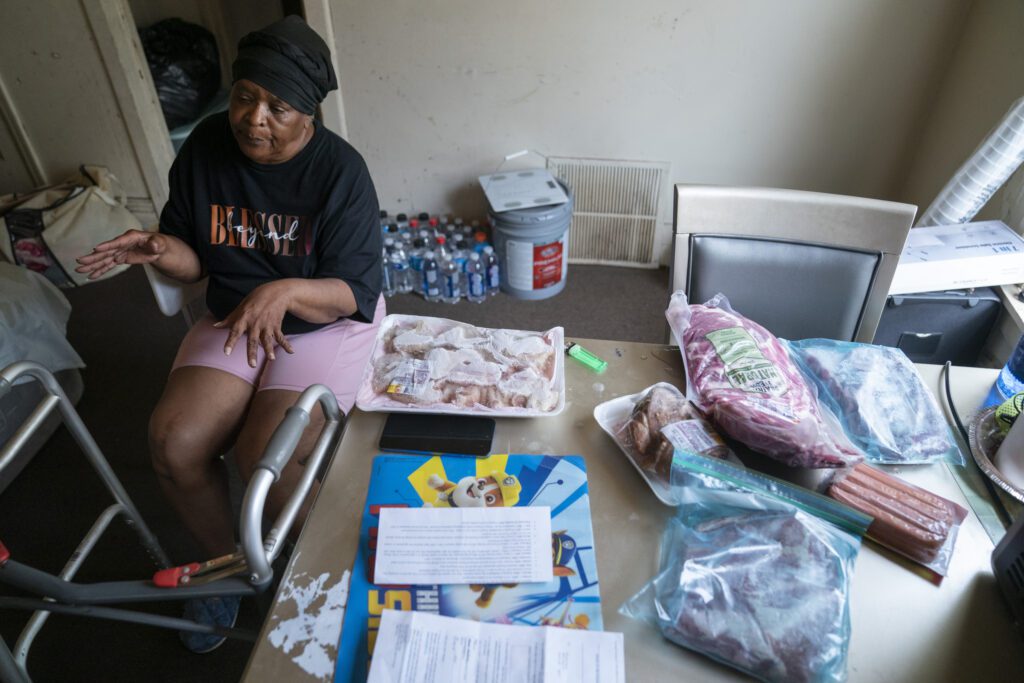Detroit’s Historic Lawsuit Against Landlords: A Fight for Tenant Rights
City Takes Action to Address Unsafe Living Conditions
In a significant step towards addressing unsafe living conditions in Detroit, the city has filed a groundbreaking lawsuit against Real Token, a Florida-based blockchain real estate company, its co-founders, and numerous affiliates. This lawsuit, initiated on July 2, highlights chronic issues affecting over 400 residential properties across the city.
Living Conditions Under Scrutiny
Residents in these properties face unimaginable conditions:
- Fire-damaged buildings with little to no repair efforts.
- Homes lacking heat and basic necessities, including smoke detectors.
- Multiple residences with broken windows, posing safety risks.
For many tenants, these conditions have become unbearable. For instance, one Detroiter has lived without running water for two months, resorting to bottled water for daily needs. Another tenant dealing with a cold water crisis faces non-functional electrical sockets and unsealed windows in her apartment.
A Widespread Nuisance Abatement Lawsuit
“This is the largest nuisance abatement lawsuit ever filed by the city of Detroit,” stated Conrad Mallett, the city’s corporation counsel, during a press conference near one of the affected properties. The lawsuit underscores the city’s commitment to holding landlords accountable for neglecting their duties.
According to the City of Detroit, Real Token operates a cryptocurrency venture that offers international investors fractional ownership of properties in Detroit through digital tokens. However, this high-tech approach has allegedly resulted in tenant suffering due to poorly maintained housing situations rife with unsanitary and unsafe conditions.
Tenants Speak Out
Residents are vocal about their frustrations:
-
Brenda Davis, who has lived in her apartment for 16 years, expressed her dismay after her water was shut off shortly after paying rent:
“They don’t repair anything. All they want to do is collect the money.”
- Minnie Pearl Pratt, a senior with health issues, detailed her struggles in her apartment with non-functional bathroom fixtures and a boarded-up exterior door.
The conditions are exacerbated by a lack of city compliance certificates for many properties, indicating serious code violations and outstanding tax issues exceeding $8,500.
Systemic Failures Highlighted
Detroit City Council members have voiced their outrage, noting a pervasive pattern of landlord negligence:
- James Tate, City Council Pro Tem, emphasized the vulnerability of affected tenants, while Council Member Mary Waters criticized the systemic failures enabling these injustices.
The Legal Implications
The city’s complaint, filed in Wayne County Circuit Court, alleges:
- Repeated violations of local building, health, and safety codes.
- Tenancy issues arising from unresponsive management practices.
- Significant damage, including rodents, structural decay, and criminal activity linked to neglected properties.
According to the lawsuit, none of the involved properties possess a certificate of compliance, and the defendants owe the city hundreds of thousands of dollars in unpaid violations and property taxes. The city seeks:
- A court order for compliance inspections.
- A halt on evictions during the legal process.
- The collection of $500,000 in unpaid fines.
Moving Forward: A Call for Accountability
The outcome of this lawsuit could have a significant impact on the city’s rental landscape and tenant rights. As the city seeks justice and accountability, it highlights an urgent need for change in the Detroit housing market.
The real estate industry must prioritize tenant welfare and uphold basic standards for safe, healthy living. As Detroit grapples with these challenges, stakeholders are encouraged to advocate for responsible management and systematic reforms.
For more information on tenant rights, visit TenantRights.org.


